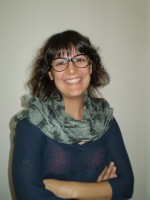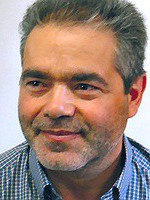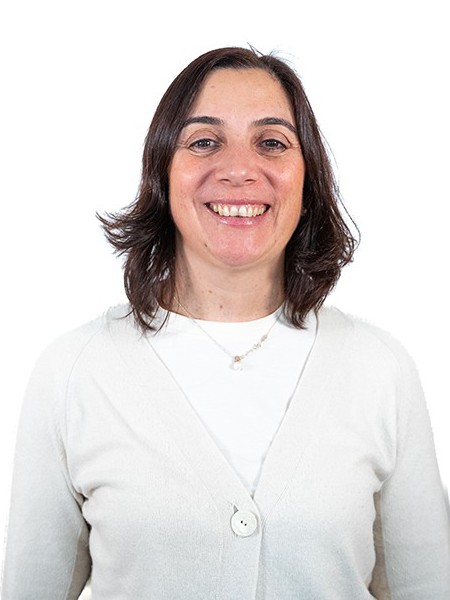resumo
The present work reports on the fabrication of 3-D porous calcium phosphate scaffolds by robocasting from biphasic (HA/beta-TCP approximate to 1.5) powders, undoped and co-doped with Sr and Ag. Scaffolds with different pore sizes and rod diameter of 410 mu m were fabricated and sintered at 1100 degrees C. The size and morphology of the powder particles, and the concentrations of the processing additives, were shown to play major roles in the robocasting process. For all pore sizes tested, the compressive strength of scaffolds was comparable to or even higher than that of cancellous bone, and mechanical data could be systematically correlated with the porosity fraction. Co-doping the starting powders with Sr and Ag enhanced the mechanical strength of scaffolds, conferred good antimicrobial activity against Staphylococcus aureus and Escherichia coli, and did not induce any cytotoxic effects on human MG-63 cells. Furthermore, the co-doped powder was more effective in inducing pre-osteoblastic proliferation. (C) 2016 Elsevier Ltd. All rights reserved.
palavras-chave
IN-VITRO; STAPHYLOCOCCUS-AUREUS; BONE REGENERATION; ESCHERICHIA-COLI; GLASS SCAFFOLDS; PORE-SIZE; SILVER; HYDROXYAPATITE; VIVO; ANTIBACTERIAL
categoria
Materials Science
autores
Marques, CF; Perera, FH; Marote, A; Ferreira, S; Vieira, SI; Olhero, S; Miranda, P; Ferreira, JMF
nossos autores
agradecimentos
This study was financially supported by JECS Trust, Fund Contract no. 201479 and by the projects of CICECO-Aveiro Institute of Materials, POCI-01-0145-FEDER-007679 (FCT Ref. UID/CTM/50011/2013), and Institute for Biomedicine (UID/BIM/04501/2013), University of Aveiro, financed by national funds through the FCT/MEC, Portugal. The research leading to these results has received funding from the European Union Seventh Framework Program (FP7/2007-2013) under grant agreement no. 604036 and from the Gobierno de Extremadura and FEDER Funds (Grant IB13007). C. Marques is grateful for the Grant SFRH/BD/78355/2011 from the Fundacao para a Ciencia e a Tecnologia (FCT), Portugal.




